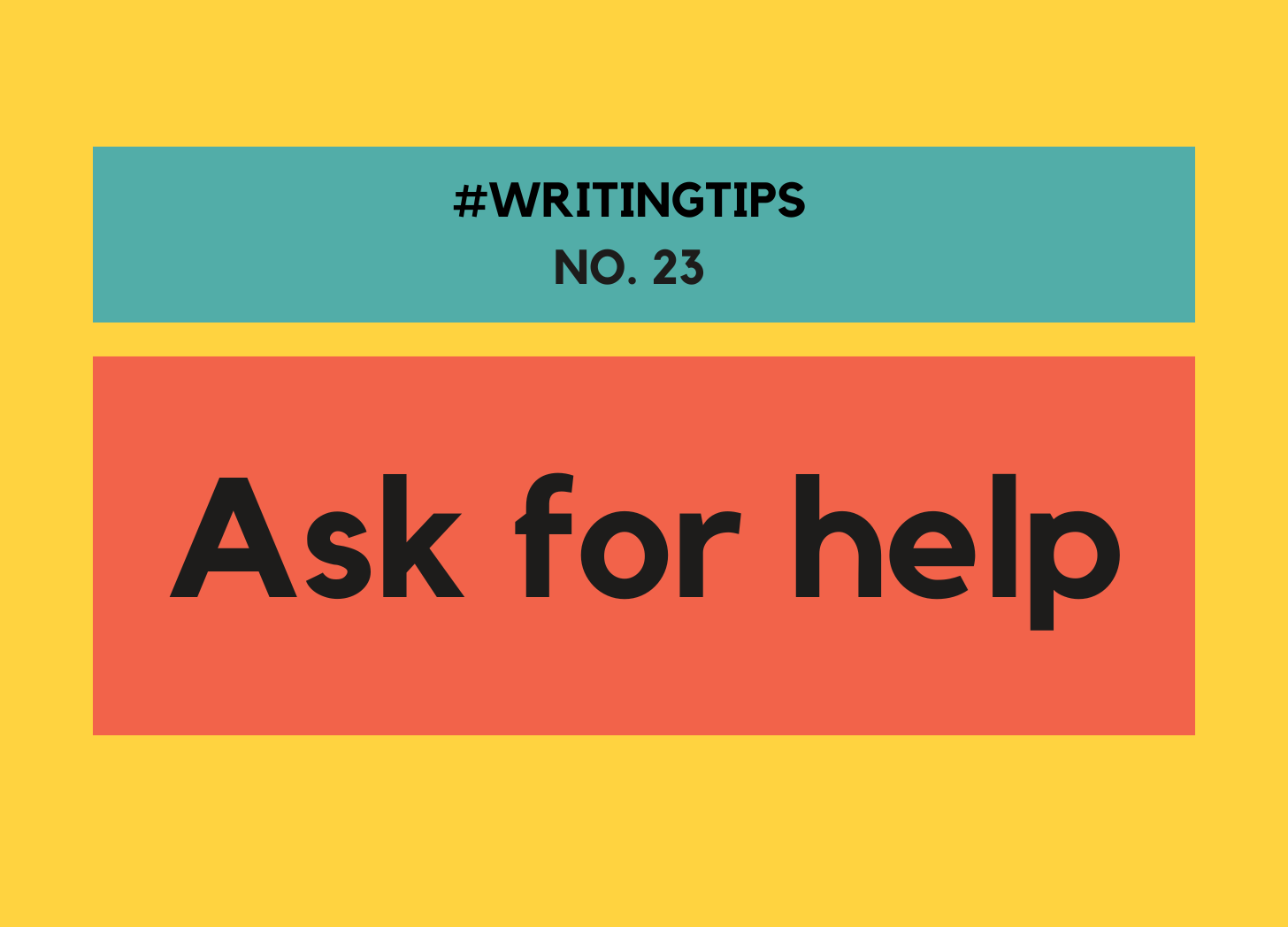Tip 23: Ask for help
Why asking for help is so hard but it's exactly what you should be doing - plus an exclusive invitation.
Hello and a very happy Monday
We have something special for you today - but first, a question.
Have you ever found that while you get pleasure from helping others, you find it very difficult to ask for help yourself?
I hate asking, I might sound daft, they probably haven’t got time, what will they say? I know, I’ll just struggle on by myself.
Sound familiar? If so, you’re not alone.
Studies have shown that we often fail to ask for help because we fear being a burden to others.1 Other researchers have found that asking for help can lead to the fear of negative evaluation2 - we worry what other people will think of us.
Trust issues can also come into play. Studies show3 that we can be too quick to assume that others won’t be able to help us or won’t really want to.
But asking for help rarely elicits the response we expect. When we ask for help we show others that we are open. It’s often flattering to receive a request for help too as it demonstrates someone else’s trust in our judgement.
Ask us anything!
With that in mind, we’re offering to help you.
Later this month we’re hosting a free ‘ask us anything’ webinar to tackle any questions about your writing practice you may have.
Got questions on battling procrastination, finding time, or building a writing habit? Let us help. Sign up here.
How to Keep Writing: online Q&A with Bec and Chris
Thursday 29 February 2024 6PM GMT / 1PM EST / 10AM PST
➡️ Sign up on Zoom to join live or get the recording
Oh, and if you’re getting a queasy feeling about asking for help let us reassure you that…
- You’re not a burden
- We’ll never judge you
- We like helping (and we can)
That’s all for this week, see you soon.
Bec and Chris ❤️
Available from Amazon and all good bookshops.
Pistrang, N., & Barker, C. (1995). The partner relationship in psychological response to breast cancer. Social Science & Medicine, 40(6), 789-797.
Leary, M. R. (1983). A brief version of the Fear of Negative Evaluation Scale. Personality and Social Psychology Bulletin, 9(3), 371-375.
Rotter, J. B. (1980). Interpersonal trust, trustworthiness, and gullibility. American Psychologist, 35(1), 1-7.








